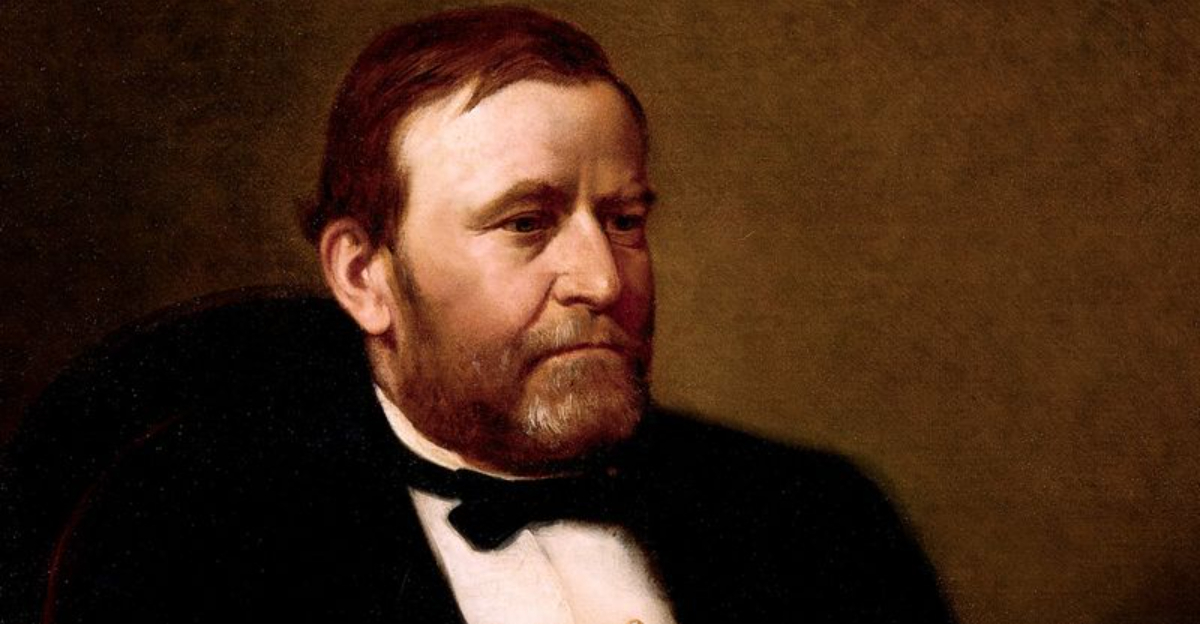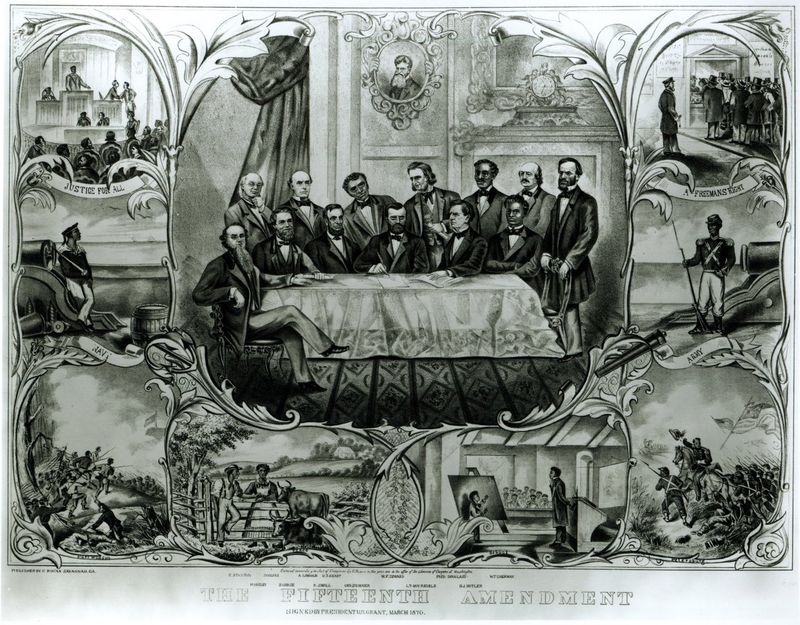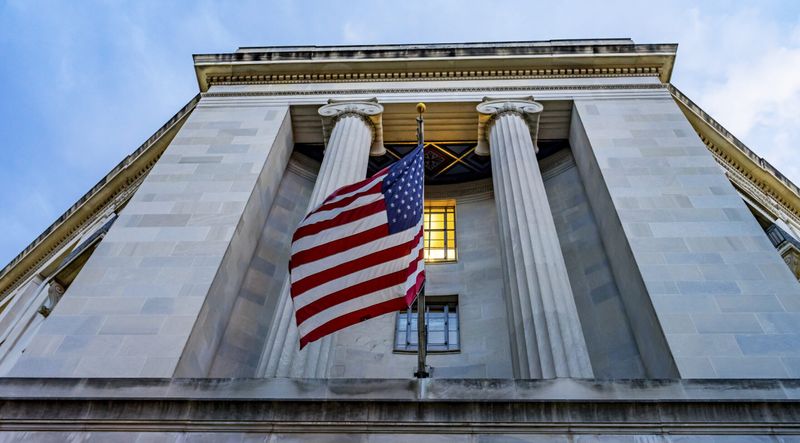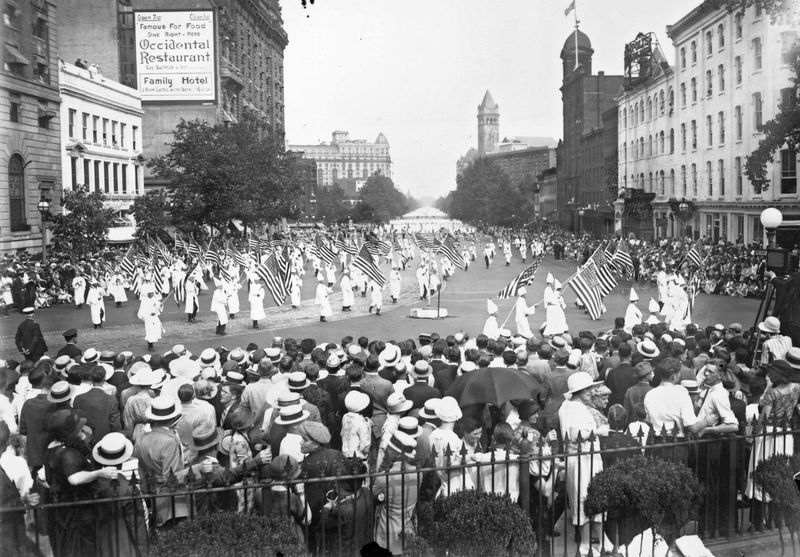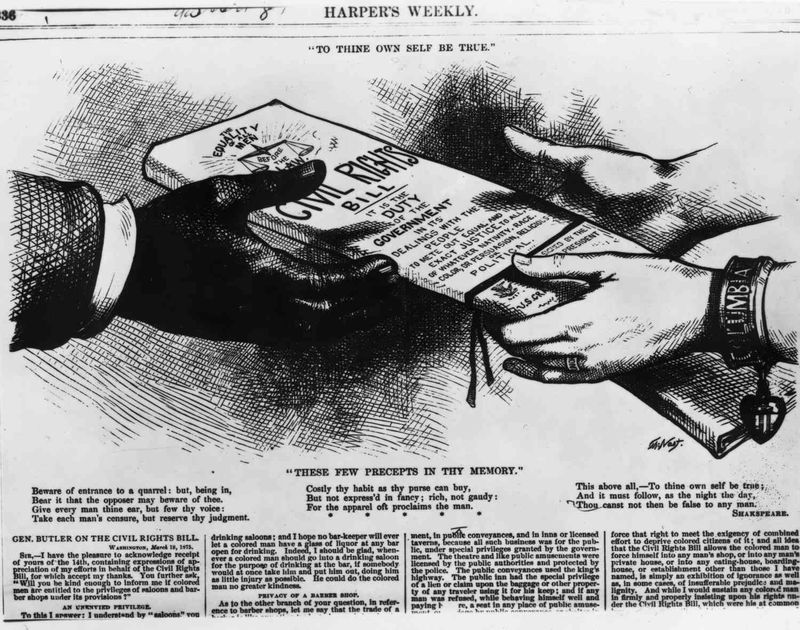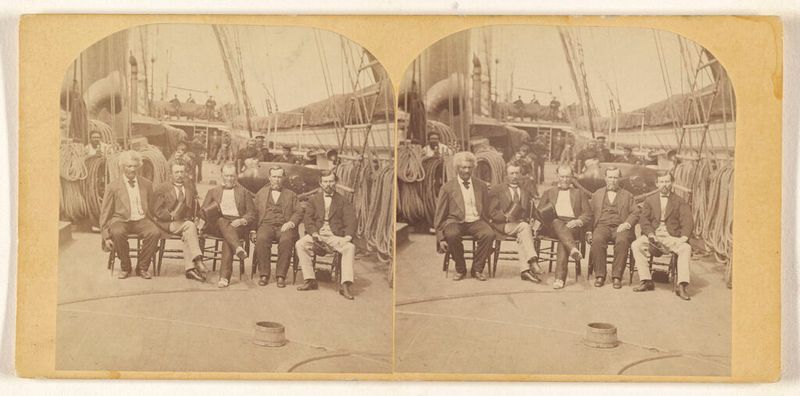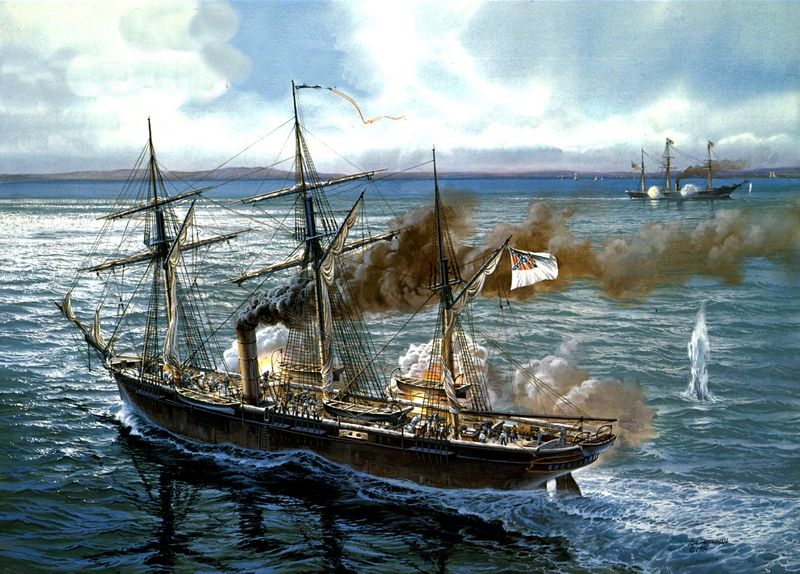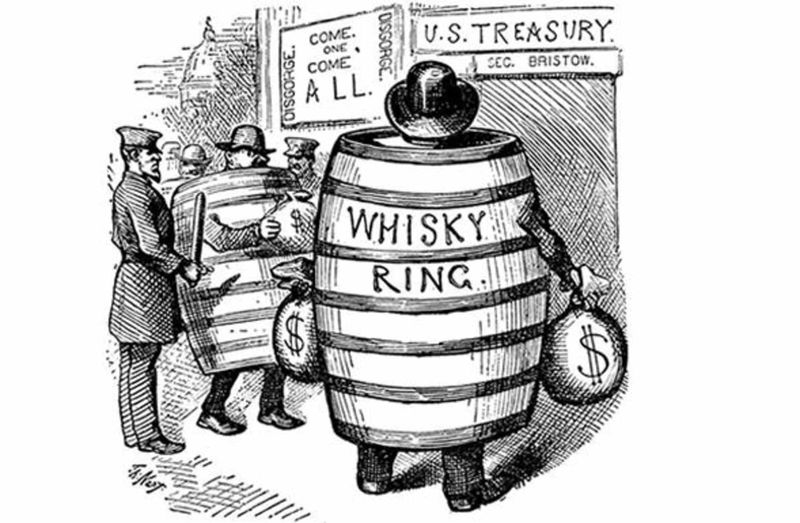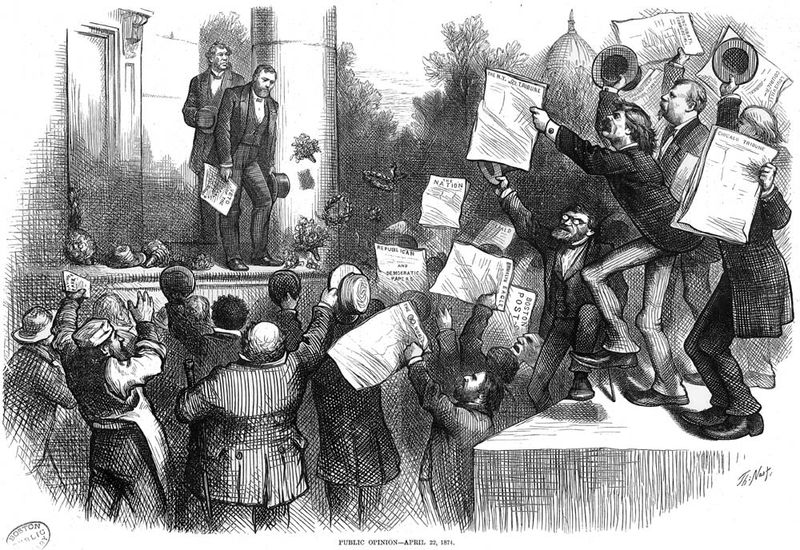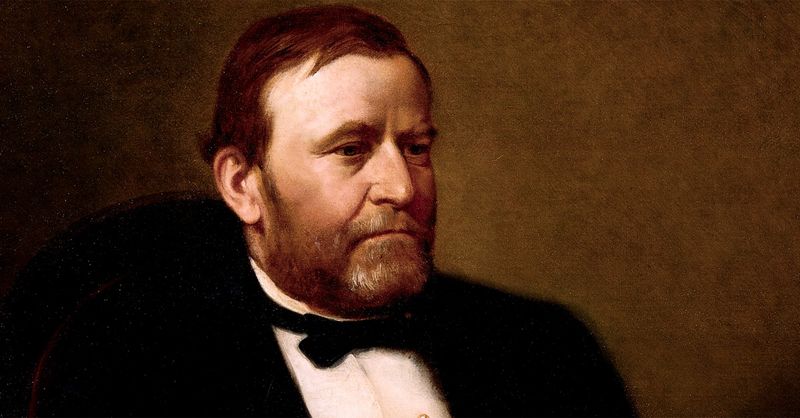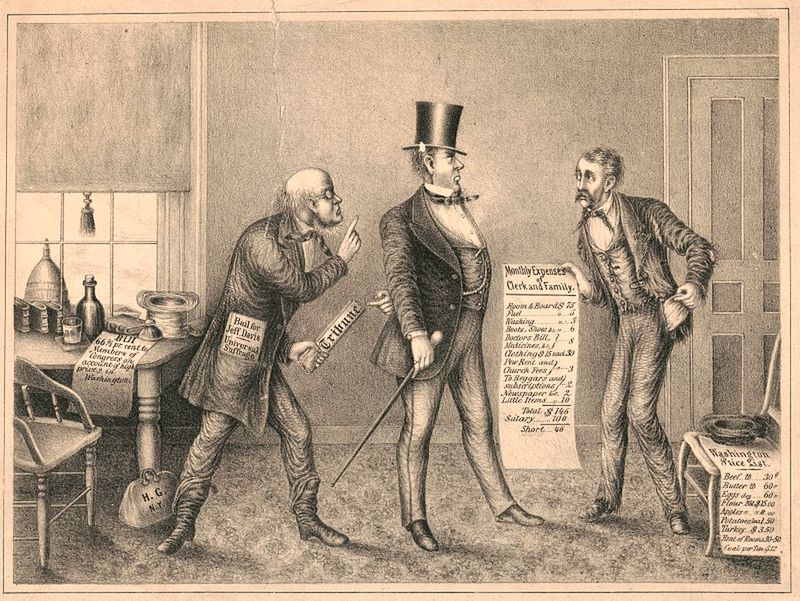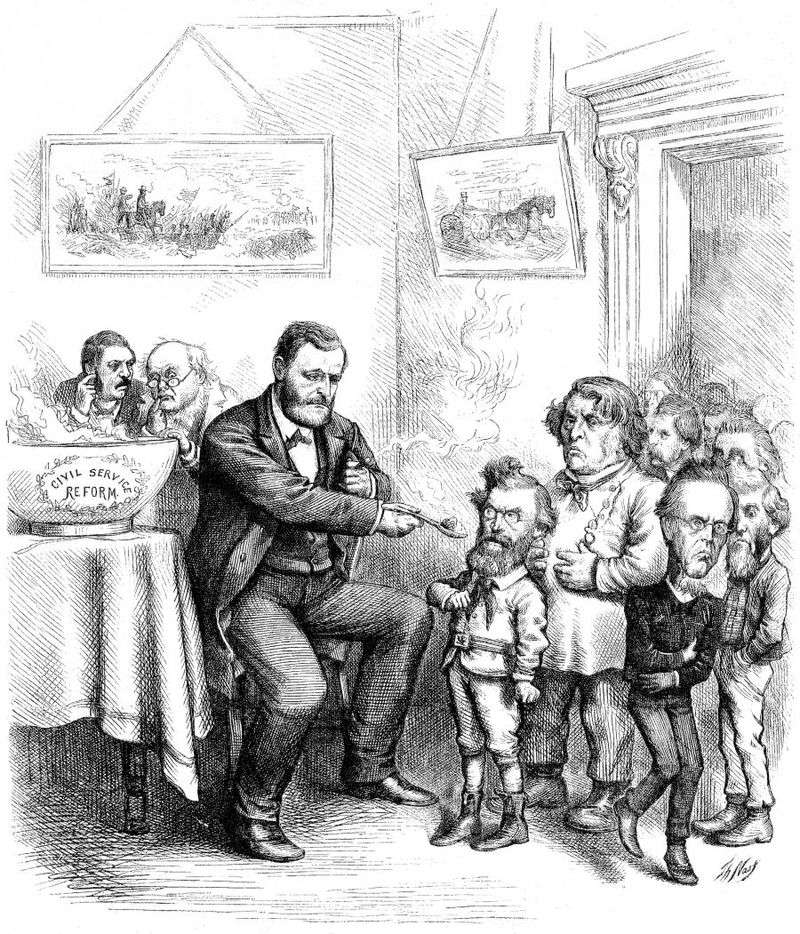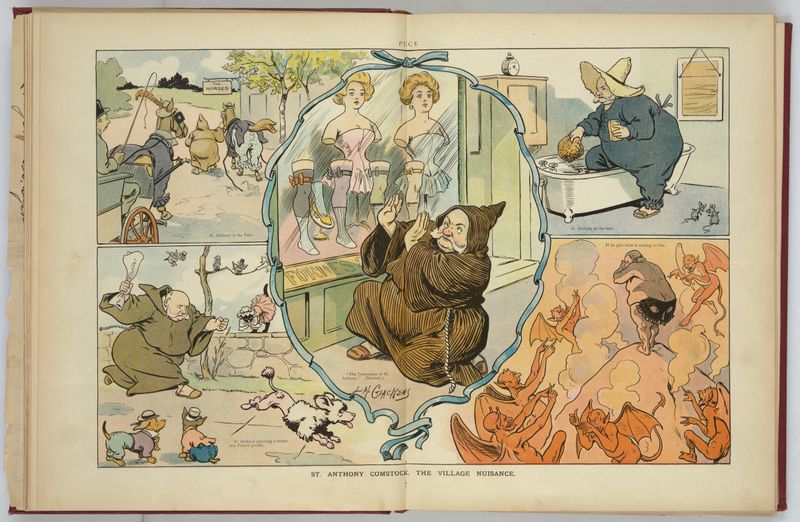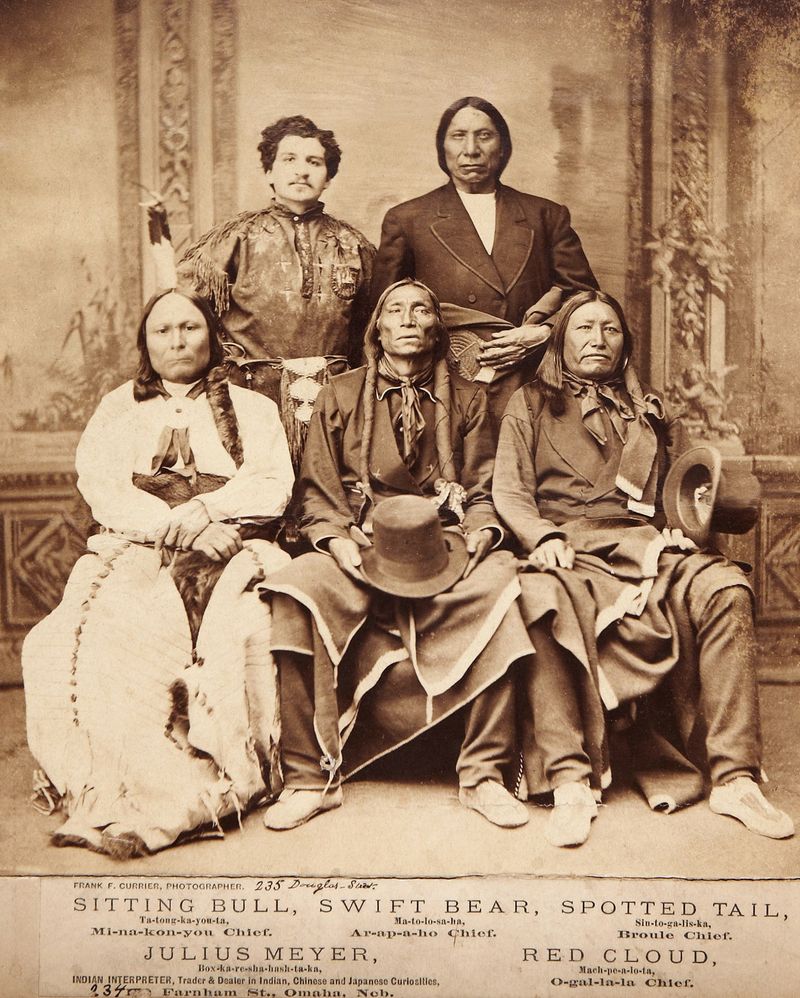Ulysses S. Grant’s presidency came at a defining moment in American history, as the nation sought to heal and rebuild after the Civil War. His time in office was marked by a series of bold, and often controversial, decisions that shaped the course of the country in lasting ways. From civil rights milestones to contentious foreign and economic policies, these actions reflect the complexity of his leadership. This article explores fifteen pivotal choices—some celebrated, others debated—that left a powerful imprint on the United States and continue to spark discussion today.
1. Championing the 15th Amendment
The 15th Amendment was a landmark in securing voting rights for all men, regardless of race or previous servitude. Ulysses S. Grant, recognizing its profound importance, ardently supported its ratification.
This amendment was instrumental in reshaping American democracy, ensuring that African Americans had a voice in the electoral process. Grant’s unwavering commitment to civil rights laid the groundwork for future reforms.
Despite significant opposition, his determination helped to enshrine these rights in the Constitution. This bold move was a testament to his belief in equality and justice.
2. Establishing the Department of Justice
In a move to centralize and strengthen federal law enforcement, Grant established the Department of Justice in 1870. This decision was pivotal in reinforcing civil rights protections and ensuring legal integrity.
By creating a dedicated department, Grant aimed to address growing legal challenges, particularly in the post-Civil War South. His foresight in legal reform was a cornerstone in shaping modern federal law enforcement.
This institution has since evolved into a critical component of American governance, reinforcing justice and equality across the nation.
3. Enforcing Civil Rights with the Enforcement Acts
In the face of rampant violence and intimidation by groups like the Ku Klux Klan, Grant championed the Enforcement Acts. These laws empowered the federal government to intervene in protecting the civil rights of African Americans.
Grant’s decisive action was crucial in safeguarding the progress made during Reconstruction. His administration’s vigorous enforcement of these laws highlighted his commitment to justice and equality.
Though controversial, these acts were essential in curbing racial violence and ensuring the safety and rights of newly freed citizens.
4. Signing the Civil Rights Act of 1875
The Civil Rights Act of 1875 was a monumental step in the fight for equality. Grant’s endorsement of this legislation underscored his dedication to civil rights.
This act aimed to eliminate racial discrimination in public accommodations and jury service. Grant’s signature signified a commitment to dismantling systemic racism, despite opposition.
Though its long-term effectiveness was limited, the act represented a significant federal stance against racial injustice, paving the way for future civil rights advancements.
5. Creating Yellowstone National Park
In an unprecedented move for conservation, Grant signed the bill establishing Yellowstone National Park in 1872. This decision marked the creation of the world’s first national park, setting a precedent for environmental preservation.
Grant’s vision for protecting natural wonders was pioneering, recognizing the intrinsic value of America’s landscapes. His action laid the foundation for the national park system, safeguarding biodiversity for future generations.
Yellowstone remains a symbol of the nation’s commitment to conservation, reflecting Grant’s forward-thinking leadership.
6. Attempting to Annex Santo Domingo
Grant’s attempt to annex Santo Domingo, now the Dominican Republic, was a bold and controversial move. He envisioned it as a refuge for freed slaves and a strategic foothold in the Caribbean.
Despite his efforts, the Senate ultimately rejected the plan due to political and public opposition. Grant’s ambition for expansion highlighted his desire to secure new opportunities for African Americans and enhance U.S. influence.
Though unsuccessful, this endeavor reflected Grant’s willingness to challenge the status quo for potentially transformative outcomes.
7. Resolving the Alabama Claims
In a diplomatic triumph, Grant resolved the Alabama Claims with Britain through the Treaty of Washington. This settlement addressed maritime grievances from the Civil War, showcasing Grant’s commitment to peaceful resolution.
The treaty marked a significant step in mending Anglo-American relations, setting a precedent for international arbitration. Grant’s leadership in this process underscored his strategic vision in foreign diplomacy.
This resolution not only strengthened bilateral ties but also reinforced America’s standing in global affairs, reflecting Grant’s adept statesmanship.
8. Confronting the Whiskey Ring Scandal
The Whiskey Ring scandal posed a significant challenge to Grant’s administration, uncovering corruption among officials and distillers. Despite personal and political risks, Grant appointed reformers to uncover the truth.
His commitment to transparency and accountability was evident, though his loyalty to implicated aides drew criticism. This scandal highlighted the complexities of leadership during turbulent times.
Grant’s efforts to address corruption reinforced his dedication to integrity, even when it meant facing uncomfortable truths within his own ranks.
9. Vetoing the Inflation Bill
Amid the Panic of 1873, Grant faced pressure to expand the money supply through an Inflation Bill. His decision to veto this bill demonstrated his commitment to economic stability.
Grant’s resolve to maintain fiscal discipline helped restore confidence in the nation’s financial system. Despite political backlash, he prioritized long-term recovery over short-term relief.
This act of fiscal prudence underscored his focus on sustainable economic policies, even in the face of significant challenges.
10. Signing the Resumption Act
Grant’s endorsement of the Resumption Act signified a pivotal return to the gold standard. This decision aimed to stabilize the nation’s economy by restoring confidence in paper currency.
By aligning the dollar with gold, Grant sought to address the financial chaos post-Civil War. His commitment to economic integrity was evident in this bold move.
Though controversial, the Resumption Act set a precedent for future monetary policies, reinforcing Grant’s legacy as a steward of fiscal responsibility.
11. Addressing the Salary Grab Act Controversy
The Salary Grab Act, which doubled presidential and congressional salaries, sparked public outrage. Grant’s decision to sign it reflected a misstep in political optics.
The backlash led to a rollback of congressional raises, underscoring the importance of public sentiment in governance. This controversy highlighted the complexities of leadership and decision-making.
Grant’s response demonstrated a willingness to adapt and listen to public concerns, reflecting his evolving understanding of political accountability.
12. Implementing Civil Service Reforms
Facing the challenges of the spoils system, Grant introduced merit-based hiring through civil service reforms. These changes aimed to professionalize government operations and reduce patronage.
Grant’s pioneering efforts marked a significant shift towards efficiency and fairness in public service. By emphasizing qualifications over political connections, he laid the groundwork for modern civil service.
This initiative reflected his commitment to reform and integrity, transforming the way government functioned.
13. Enforcing the Comstock Act
The Comstock Act, signed by Grant, aimed to curtail the distribution of obscene materials through the mail. This controversial law reflected the era’s conservative social values.
Grant’s decision underscored the moral concerns of the time, highlighting the tension between censorship and freedom. Despite criticism, the act was a testament to his commitment to societal norms.
This legislation sparked debates on the limits of governmental control, illustrating the complexities of governance during his presidency.
14. Advocating for Native American Policy Reforms
Grant’s “Peace Policy” aimed to peacefully assimilate Native Americans, reducing reliance on military force. His efforts reflected a compassionate approach to a longstanding issue.
By advocating for education and fair treatment, Grant sought to integrate Native Americans into American society. However, the outcomes were mixed, revealing the complexities of cultural assimilation.
This initiative underscored his desire for harmony and understanding, though it faced significant challenges.
15. Establishing the National Weather Service
Grant’s authorization of a national weather bureau marked the beginning of the modern National Weather Service. This initiative aimed to enhance public safety and scientific understanding.
By centralizing meteorological efforts, Grant laid the foundation for accurate weather forecasting. His vision for innovation and progress was evident in this forward-thinking decision.
The establishment of the weather service reflected his commitment to scientific advancement and public welfare.
